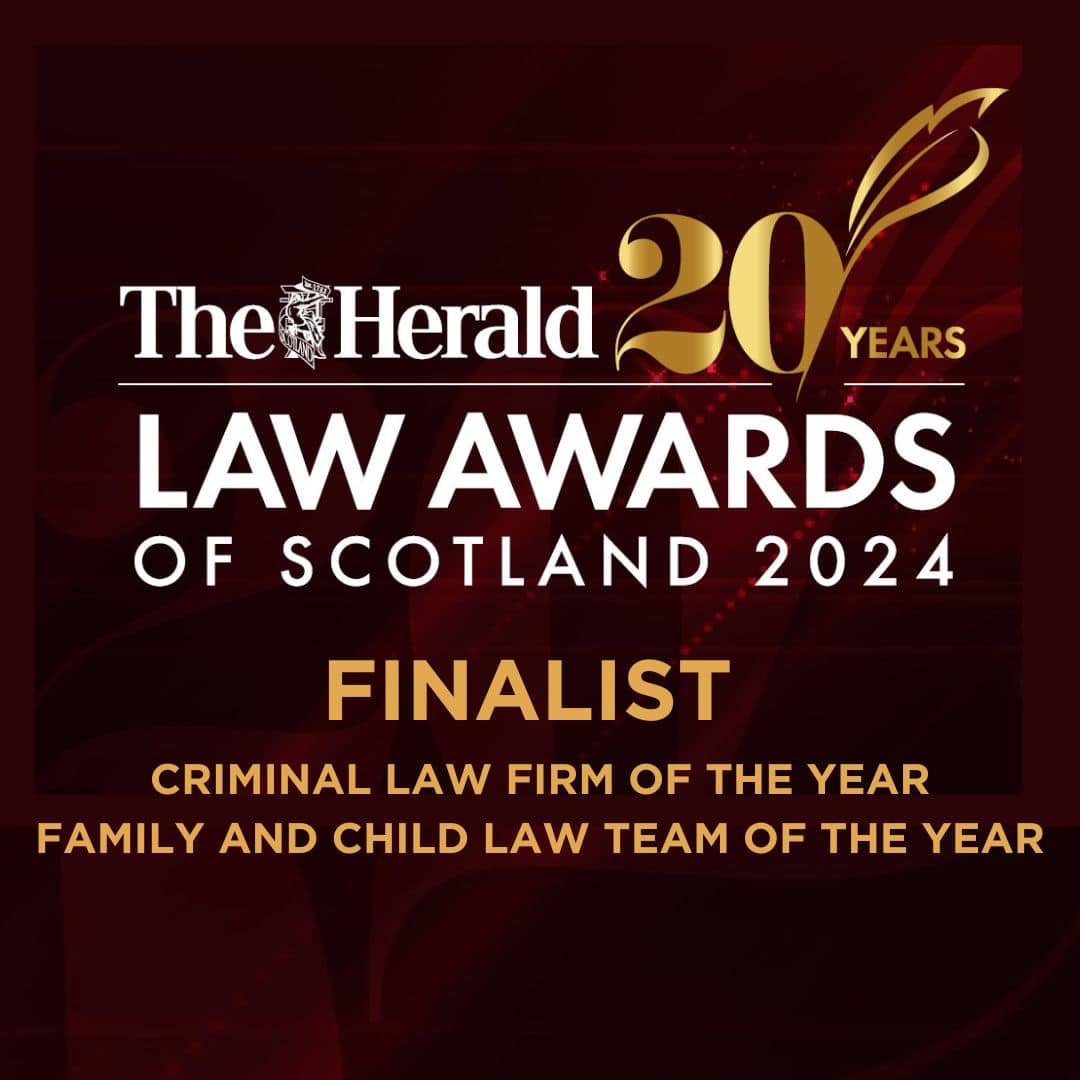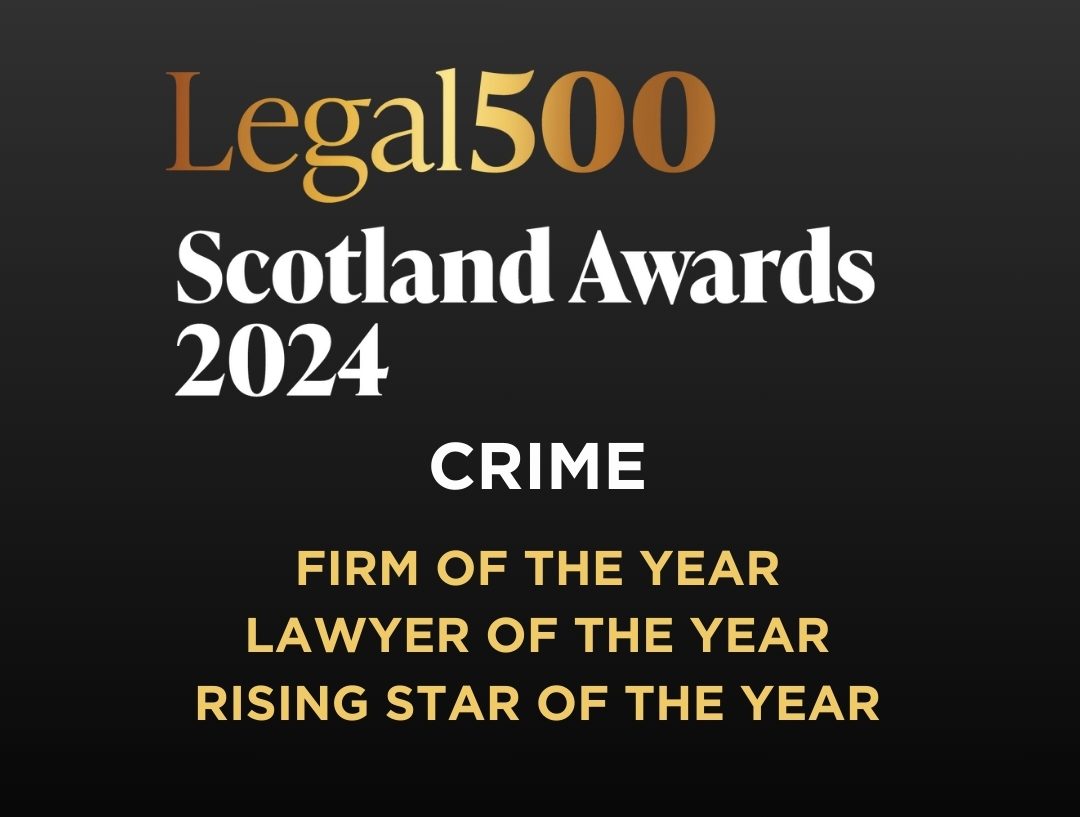
Charged with a Sexual Offence? Here’s Everything You Need To Know
If you are facing charges of a sexual offence, you may feel confused, lost, and isolated from those around you....
Scullion News & Resources

Domestic abuse has long been a serious issue in Scotland, affecting the lives of many victims and their respective families.
The Domestic Abuse (Scotland) Act 2018 (the “Act”) changed how the law recognised and prosecuted abusive behaviour within the context of intimate relationships. At the heart of this legislation lies section 1, which sets out the core offence of domestic abuse.
Section 1 of the Act creates a criminal offence of engaging in a course of behaviour which is abusive towards a partner or ex-partner.
Unlike previous laws that focused primarily on physical violence, this section recognises the cumulative impact of ongoing abuse, including psychological and emotional harm. The latter aspect may or may not require the leading of expert evidence.
To secure a conviction under section 1, the prosecution must prove the following elements beyond reasonable doubt: –
A Course of Behaviour – the accused, Person A, must have engaged in at least two incidents of abusive conduct directed towards Person B, a partner or ex-partner. These behaviours may occur over a period of time and need not be consecutive or recent.
The victim must be, or have been, in an intimate personal relationship with the accused (as defined under Section 11 of the Act) and the relationship is presumed unless challenged.
Intention or reckless as to cause harm – that a reasonable person would consider the course of behaviour to be likely to cause the complainer to suffer physical or psychological harm.
Either Person A intends by the course of behaviour to cause Person B to suffer physical or psychological harm or is reckless as to whether the course of behaviour causes Person B to suffer physical or psychological harm. Psychological harm includes fear, alarm and distress.
Section 2 of the Act contains a wide definition of what constitutes abusive behaviour and includes behaviour directed at Person B that is violent, threatening or intimidating behaviour or at a child of Person B, or at another person that either has as its purpose one or more of the effects listed in subsection (3) below or would be considered by a reasonable person to be likely to have one or more of the relevant effects set out in subsection (3) below, namely: –
The definition covers both physical and non-physical abuse, including sexual violence and coercive control. Section 10 further adds that behaviour includes saying or communicating something or intentionally failing to do something or communicate something. It also potentially includes behaviour forming part of a course of conduct which takes place abroad.
The offence can be aggravated if at the time of the commission of the offence behaviour is either directed at a child or the child is used as the conduit in order to direct behaviour towards the complainer. The reference to a child is to a person under 18.
This can be very difficult to interpret in practice but a single source of uncorroborated evidence is sufficient without the need for the child to be aware of the conduct, just a potential for an adverse impact upon the child’s wellbeing.
The definition significantly broadens the definition of abuse and is one of the first statutes in the UK to legally recognise coercive control. It brings emotional, financial, and psychological abuse into legal focus and provides greater protection for victims of domestic abuse.
Victims no longer need to wait for physical violence to occur and a pattern of harmful behaviour can be enough. Prosecutors can charge based on ongoing patterns of behaviour rather than isolated incidents.
Under Section 2, the offence may be tried summarily (in a Sheriff Court without a jury), with penalties of up to 12 months imprisonment or a fine and upon indictment (with a jury), where penalties can reach up to 14 years imprisonment and/or an unlimited fine.
While Section 1 is widely seen as a progressive development, it is not without challenges. Evidential complexities and proving psychological harm and patterns of control can be difficult.
The interpretation of what constitutes “abuse” or “recklessness” can be open to subjective interpretation. The law requires well-trained police and prosecutors to investigate and prosecute effectively. Similarly, defending such actions can be complex, time consuming and require significant resources, potentially including expert evidence from a psychologist.
Section 6 provides a defence for Person A to show that the course of behaviour was reasonable in the particular circumstances. Alternative convictions for a s.38 offence, namely threatening or abusive behaviour or a s.39 offence of stalking are also available if there exists a sufficiency.
Section 1 of the Domestic Abuse (Scotland) Act 2018 is a landmark provision that reflects a modern understanding of domestic abuse. By recognising the reality of coercive, controlling behaviour and providing a framework for prosecuting sustained abuse, it offers enhanced protection for victims and a broader toolset for justice.
However, as with all cases, it also offers an avenue for less scrupulous individuals to exploit the justice system and make false, embellished or unrealistic allegations where disgruntled partners have a different agenda when it comes to separation, distribution of assets and access to children. Motivations and the credibility and reliability of such allegations will require to be investigated thoroughly.
As awareness and case law develop, this legislation will likely play a central role in Scotland’s ongoing response to domestic violence. It is important that persons are able to access adequate advice and representation in these circumstances and prepare a robust defence to what can often be distressing allegations for all concerned.
This article was prepared by Urfan Dar, Senior Associate Director & Solicitor Advocate on the Criminal Defence Team at Scullion LAW

If you are facing charges of a sexual offence, you may feel confused, lost, and isolated from those around you....

We are proud to announce our shortlisting as finalists in two prestigious categories at the Herald Awards Scotland 2024: Criminal...

We are delighted to share our Criminal Defence Team has again finalised in this year’s Legal 500 Awards, having been...